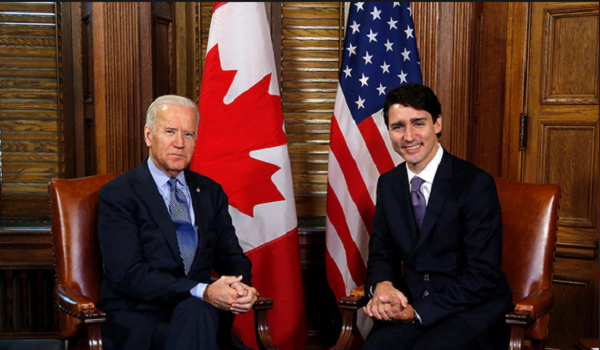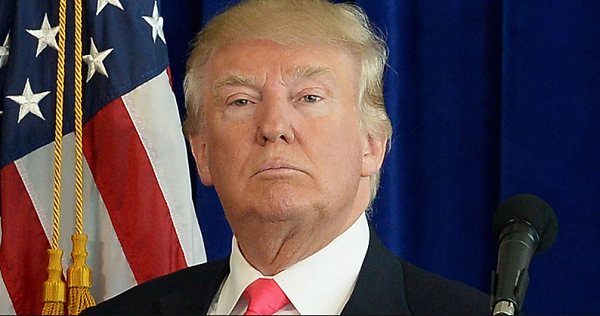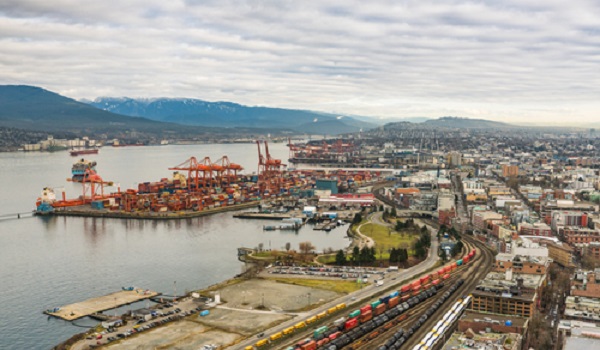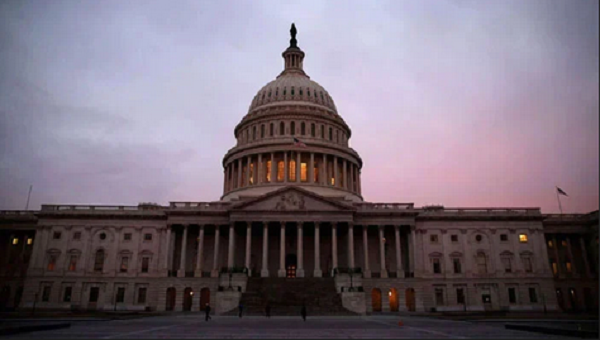The absence of Canada from Indo-Pacific talks troubles business group
A group representing many of Canada’s largest employers says it’s troubling that Ottawa remains left out from a U.S.-led effort to expand economic co-operation among Indo-Pacific allies and partners as a counterweight to China.
Talks between Washington and 13 other Indo-Pacific countries yielded a partial agreement unveiled Thursday on the sidelines of the Asia-Pacific Economic Co-operation summit in San Francisco, which Prime Minister Justin Trudeau is attending.
With members including India, Japan, South Korea and Australia, the Indo-Pacific Economic Framework For Prosperity (IPEF) announced co-operation on clean energy and anti-corruption measures Thursday.
The talks were launched in May, 2022, without Canada, and Ottawa expressed interest in joining in the fall of last year.
Goldy Hyder, president of the Business Council of Canada, who was in San Francisco for the APEC summit, said the fact that Canada has yet to be invited to join IPEF is concerning. His council represents 170 chief executives whose companies account for 50 per cent of Canada’s annual economic output
“Canada’s standing in the world is directly proportionate to how America perceives us. Other countries take us seriously when they see America take us seriously,” Mr. Hyder said. “As such, being left out harms us.”


Canada has been left out of several significant developments in the Indo-Pacific region, including the Quadrilateral Security Dialogue – known as the Quad – between India, Japan, Australia and the United States, as well as AUKUS, the defence pact involving Australia, Britain and the United States.
Australia appears to be outpacing Canada when it comes to security, Mr. Hyder said.
“Is Australia being taken more seriously on something like defence? I think the evidence speaks for itself. Yes, they are,” he said.
He acknowledged that Foreign Affairs Minister Mélanie Joly has “fought hard” to gain access to IPEF.
“At least now there’s an expression of interest from Canada, but it’s not going to be dealt with any time soon. That means we will not be able to have our voice heard as IPEF takes shape.”
Mr. Hyder said what’s at stake is not just trade but Canada’s relationship with the United States.
The IPEF will lead to alliances between member countries. “Strategic partnerships are being formed,” he said.
U.S. President Joe Biden touted the IPEF effort Thursday during his speech at APEC, calling it a partnership dedicated to “tackling urgent issues like pandemic response, vulnerable supply chains, climate change and natural disasters, which we have learned can gravely impact our economies.”
He called progress so far “tangible commitments negotiated in record time that are going to deliver meaningful outcomes – meaningful outcomes to make supply chains more resilient, facilitate clean-energy transition and fight corruption.”
IPEF members also announced they would launch a continuing effort to strengthening critical-mineral supply chains among member countries. Critical minerals like lithium and cobalt are vital to emerging technologies. Ottawa has big ambitions in clean technology and Mr. Trudeau wants Canada to become “a world leader” in critical minerals.
U.S. Commerce Secretary Gina Raimondo told reporters Thursday in San Francisco that the IPEF clean-energy agreement will create avenues for more private investment into IPEF member countries to accelerate their transitions to low-carbon energy sources.
A separate group of private-sector firms and non-profit groups will focus on mobilizing climate investments in IPEF countries, she said. The group’s steering committee includes CEOs and partners from Kohlberg Kravis Roberts & Co, RockCreek, Global Infrastructure Partners and the Rockefeller Foundation.
Ian McKay, Canada’s ambassador to Japan and this country’s special envoy to the Indo Pacific, played down Canada’s absence from the IPEF talks, noting that Ottawa is part of another pact: the Comprehensive and Progressive Trans-Pacific Partnership (CPTPP) trade deal. “I think there was a recognition that we’re already in the region,” he told reporters in San Francisco.
He did not address the fact that more than half of the countries in the IPEF talks, including Japan, Australia, New Zealand, Malaysia, Singapore and Brunei are already members of the CPTPP.
Mr. McKay said he has “full confidence” that Canada will be among the first once IPEF begins accepting new members.
Carlo Dade, director of the trade and investment centre at the Canada West Foundation, said the U.S.-led IPEF talks don’t match or surpass the market access Ottawa gained through the CPTPP deal that took effect in 2018.
“We have a real trade agreement: tariff cuts, et cetera, with the most important Indo-Pacific countries,” Mr. Dade said.
“The IPEF is not a real trade agreement,” he said, noting that it offers no tariff cuts or market access and questions remain about how binding an agreement, rather than a treaty, will be.
“Only reason to be there is in case it turns into something serious.”
Separately, International Trade Minister Mary Ng, asked when Canada would resume trade talks with India that Ottawa shelved in September, said the police probe into the slaying of Canadian Hardeep Singh Nijjar needs to be completed first.
“Right now the focus of Canada is to let the work of the investigation proceed,” she told reporters in San Francisco.
Canada-India relations are in a deep freeze after Mr. Trudeau publicly accused India of being behind the June, 2023, gangland-style killing of Mr. Nijjar, a British Columbian who advocated for the creation of an independent Sikh state called Khalistan in India’s Punjab region.
After Mr. Trudeau’s accusation, India unilaterally stripped 41 Canadian diplomats in the South Asian country of their diplomatic immunity – forcing them to leave.
India’s top envoy to Canada recently told The Globe and Mail that New Delhi would like to get back to the negotiating table on the trade deal.
With reports from Reuters
This article was reported by The Globe and Mail













